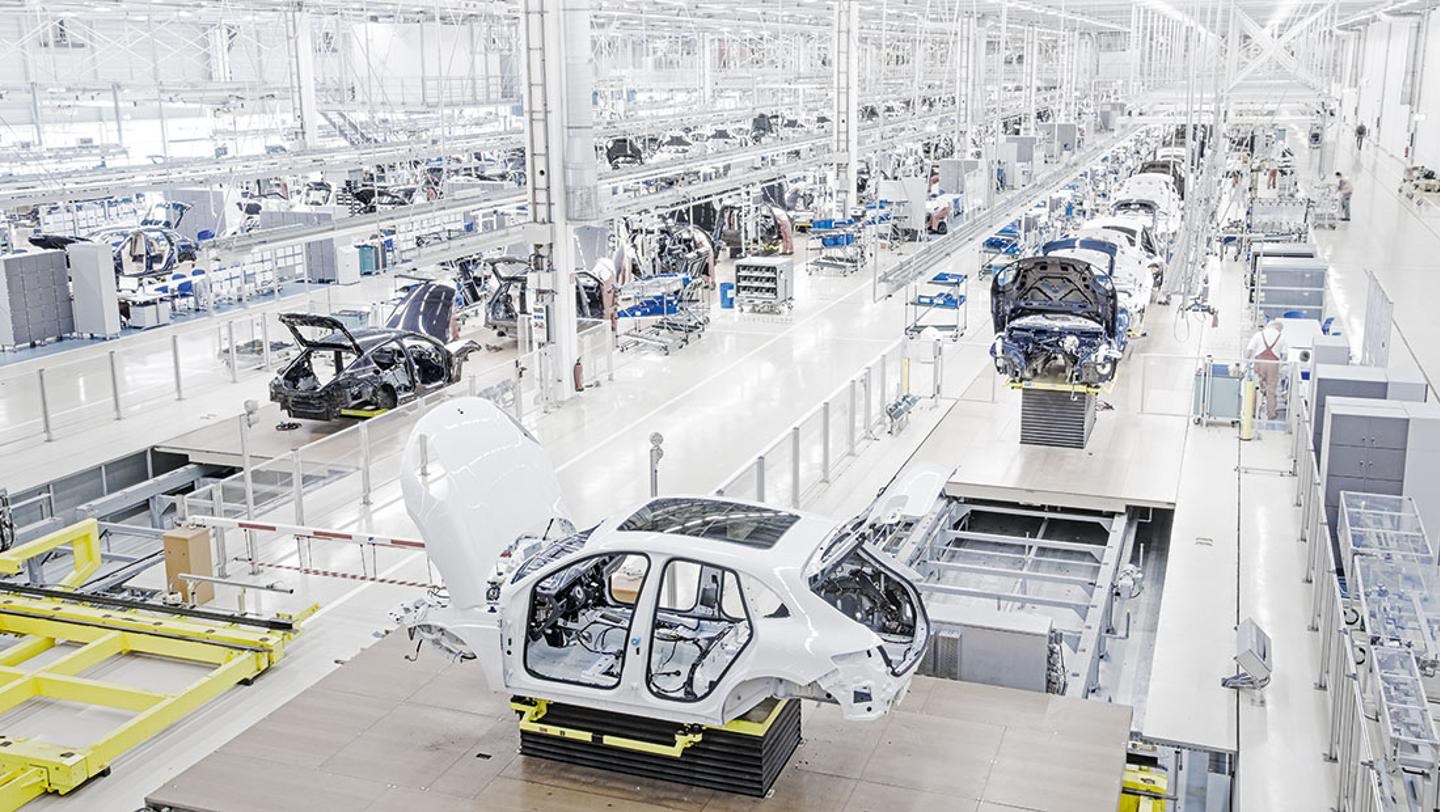German brand is the world's most profitable carmaker, but it's the 4x4s that are the big sellers
A Porsche 911 can go from zero-to-sixty in less than five seconds. Every time a dealer sells one the profits the manufacturer makes goes from $0 to $25,000 instantly.
That's because the iconic German brand is the biggest profit-making car manufacturer on the planet, according to the figures it revealed last week.
In a statement made on Friday, the Stuttgart-based vehicle manufacturer said it had sold 237,778 cars in 2016 - six per cent more than the year before - with operating profits increasing by 14 per cent to €3.9billion (NZ$5.9billion).
Do the maths and that works out at around $25,200 for ever car it shifts.
It means that Porsche could buy a new Ford Fiesta Zetec (priced from $23,990) with the profits from each car it sells.
The vehicle manufacturer confirmed the news as it hailed 2016 as 'the most successful year in the history of the company' with record highs in terms of deliveries, revenue, operating result and number of employees.
The booming brand achieved a total revenue of €22.3billion (NZ$34.2billion) - that's a four per cent rise on 2015 stats.
As a result, Porsche now pockets more than twice as much on each car it sells as rival luxury-vehicle powerhouses BMW and Mercedes-Benz.

Ferrari, on the other hand, makes around $95,000 on each model it delivers to a customer based on the €400million (NZ$614.5million) profit it achieved last term, though with just 8,014 units sold throughout 2016 it works out that for every new Fiesta, 29 Porsches are delivered.
It's a sign of how things have transformed for the German outfit, which has been expanding its range beyond high-end sports cars over the past two decades.
And sales figures show it's not the low-slung, racy, ultra-expensive performance cars that are driving sales and bolstering profits.
Instead, it is SUVs in the form of the Macan and Cayenne - highlighting why other luxury carmakers are also so keen to push into 4x4-style motors, ranging from the Jaguar F-Pace, to the Maserati Levante, and Bentley Bentayga.
The Macan - Porsche's compact SUV that launched in 2014 - is the car company's most bought model, with 95,642 rolling off the production line last year.
That accounts for 40 per cent of all sales and is almost three times as many 911s (in all formats, from Carrera to GT3 RS) sold in 2016. Not bad for a 4X4 that costs from $109,900.

The larger SUV - the Cayenne - didn't put in a bad shift either. Porsche sold 70,867 of the Range Rover rival, which is around the same as all the Boxsters, Caymans, Panameras and 911s (Porsche's entire non-SUV range) put together.
Speaking at the annual press conference is Stuttgart, chairman of the executive board of Porsche AG, Oliver Blume, said: 'The successful annual financial statement attests to the quality of our strategy. Porsche represents value-creating growth. We're concentrating on delighted customers, solid returns and secure jobs.'
Lutz Meschke, Blume's deputy, added: 'With a profit margin of over 17 per cent, Porsche continues to be among the most profitable automobile manufacturers in the world.'
'The key to this achievement is our unique range of products and our healthy cost structure.'
'We expect to see moderate growth in terms of deliveries and revenue in the current financial year of 2017, despite the continuing economic and political uncertainty in various regions of the world. In terms of operating result, we're striving to match the value of the previous year, provided that exchange rates remain stable.'
By the end of 2016, Porsche's workforce has grown by 13 per cent to 27,612 employees.
The demand for more workers is a combination of increased production and Porsche's continued development of future vehicles, including the pure-electric Mission E sports car it has scheduled for sale in 2020.
-Daily Mail


